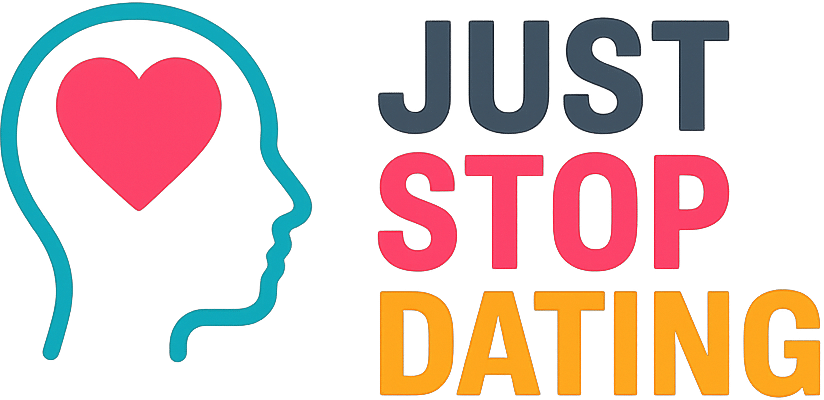Social Psychology is the scientific study of how individuals’ thoughts, feelings, and behaviors are influenced by the actual, imagined, or implied presence of others. Technically, it examines interpersonal processes such as persuasion, conformity, social identity, group dynamics, and emotional contagion. In accessible terms, social psychology looks at how people change, adapt, and act depending on the social world around them.
Social Psychology
| |
|---|---|
| Full Name | Social Psychology |
| Core Characteristics | Focuses on interpersonal behavior, influence, perception, identity, and social context effects on individuals |
| Developmental Origin | Formalized as a distinct discipline in the early 20th century; roots in philosophy, sociology, and experimental psychology |
| Primary Functions | Understanding social influence, predicting social behavior, examining intergroup relations, studying attitudes and persuasion |
| Role in Behavior | Explains how environmental and interpersonal factors shape attitudes, emotions, choices, and self-concept |
| Associated Traits | Social adaptability, susceptibility to influence, group cohesion, conformity, leadership behavior |
| Contrasts With | Individual psychology (focuses on internal rather than relational factors) |
| Associated Disciplines | Psychology, sociology, communication studies, political science, behavioral economics |
| Clinical Relevance | Applies to understanding prejudice, aggression, social anxiety, relationship dynamics, and social interventions |
| Sources: Allport (1954), Tajfel & Turner (1979), Cialdini (2001) | |
Other Names
Interpersonal psychology, behavioral social science, relational psychology
History
Social psychology formally emerged in the early 20th century:
- 1898: Norman Triplett conducted the first recognized social psychology experiment on social facilitation (cyclists performed better when competing).
- 1920s–1930s: Early studies of conformity, group behavior, and attitude formation began shaping the discipline.
- Post-World War II: Social psychology expanded rapidly, with research focusing on obedience (Milgram), conformity (Asch), and prejudice (Sherif).
- Modern era: Fields now include identity politics, group polarization, intergroup conflict, prosocial behavior, and online social dynamics.
Mechanism
Social psychology investigates:
- Social influence: How others impact beliefs, emotions, and behaviors through direct or indirect pressures.
- Attitude formation and change: Mechanisms of persuasion, cognitive dissonance, and belief updating.
- Group processes: How belonging to a group affects individual identity, decision-making, and morality.
- Self and identity construction: How individuals define themselves relationally through social comparison and feedback.
Experimental methods, field studies, and surveys are central to social psychological research.
Psychology
Major psychological constructs in social psychology include:
- Conformity: Adjusting behaviors or beliefs to align with group norms (Asch studies).
- Obedience: Following authority figures even against personal morals (Milgram experiment).
- Social identity: Group memberships (race, religion, gender, nationality) form critical components of self-concept (Tajfel & Turner).
- Prejudice and stereotyping: Cognitive and affective processes that lead to biased social evaluations and actions.
Social psychology seeks to understand both prosocial behaviors (e.g., altruism) and antisocial tendencies (e.g., aggression).
Neuroscience
Social neuroscience explores brain systems underlying social psychological phenomena:
- Medial prefrontal cortex (mPFC): Self-representation and understanding others’ perspectives (theory of mind).
- Anterior cingulate cortex (ACC): Conflict monitoring during social decision-making (e.g., breaking group norms).
- Temporal-parietal junction (TPJ): Empathy, perspective-taking, and attribution of intentions to others.
- Amygdala: Processing emotional salience of social stimuli, including fear and trust judgments.
Epidemiology
Social psychological processes are universal across cultures:
- Basic phenomena like conformity, prejudice, and group affiliation appear globally, though specific expressions vary culturally.
- Cross-cultural studies show significant differences in collectivist versus individualist societies regarding group influence and identity formation.
In the News
- Political polarization: Research into group identity and confirmation bias helps explain increasing partisanship in democracies.
- Social media psychology: Topics like cyberbullying, echo chambers, and influencer culture are studied through social psychological lenses.
- Behavioral interventions: Campaigns using “nudges” or messaging strategies to change public health behaviors (e.g., vaccine uptake).
Media
Books
– Influence: The Psychology of Persuasion by Robert Cialdini explores mechanisms of compliance and persuasion.
– The Social Animal by Elliot Aronson offers a comprehensive, readable overview of social psychological processes.
Films and Television
– Documentaries and films like The Experimenter (about Milgram’s obedience studies) depict social psychological experiments and ethical challenges.
Poetry and Art
– Artistic works exploring crowd behavior, conformity, or identity fragmentation often reflect social psychological themes.
Related Constructs or Clusters
| Construct | Relationship to Social Psychology |
|---|---|
| Group dynamics | Study of behavior, structure, and processes within and between groups. |
| Attitude change | Mechanisms of persuasion, cognitive dissonance resolution, and belief revision. |
| Social cognition | Processing and interpreting information about others and social situations. |
Publications
Research on social psychology spans cognitive science, neuroscience, political science, behavioral economics, and public health. Topics include social influence, persuasion, identity politics, group conflict, and collective behavior.
- Longitudinal, prospective cohort study of social relationships and self-rated health in the Atherosclerosis Risk in Communities (ARIC) Study cohort and ARIC/Jackson Heart Study (JHS) shared cohort
- Theories used to explain care-leavers' journey out of care: A scoping review
- Impact of iSupport on improving knowledge on dementia and dementia care among family caregivers to persons with dementia and formal caregivers in Bangladesh: Protocol for a non-randomized feasibility study
FAQs
How is social psychology different from sociology?
Social psychology focuses on individual-level processes influenced by social contexts, while sociology examines group- and societal-level patterns.
Can social psychology explain online behavior?
Yes. Phenomena like echo chambers, influencer loyalty, trolling, and digital conformity are extensions of social psychological principles.
Are social psychological effects inevitable?
They are deeply ingrained but can be moderated by awareness, education, and deliberate social interventions.
What are real-world applications of social psychology?
Applications include marketing strategies, public health campaigns, conflict resolution, leadership development, and diversity training.




